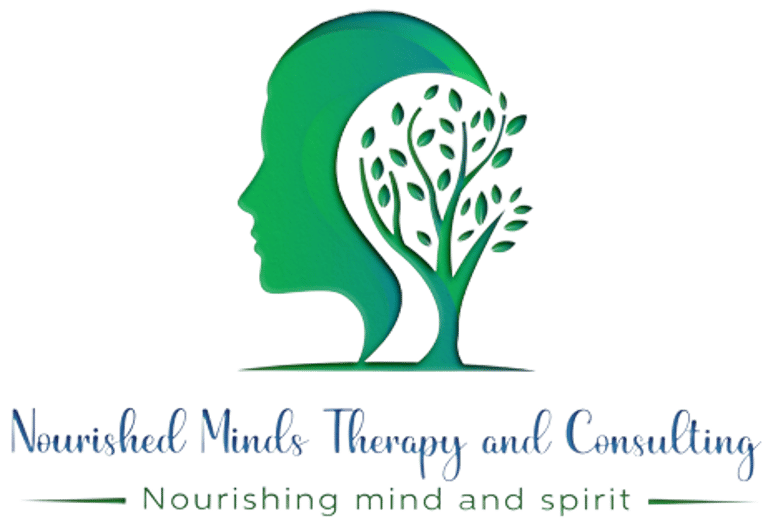Cognitive Behavioral Therapy


Cognitive Behavioral Therapy, or CBT, is a form of talk therapy that helps us address problems in our lives by examining how our thoughts, known as cognitions, influence our feelings and behaviors. Negative, irrational beliefs about ourselves, others, or the world around us can lead to distressing emotions such as fear, sadness, or anger and result in making decisions (or engaging in behaviors) that result in poor outcomes for our functioning.
A client may come to therapy due to experiencing overwhelming feelings of hopelessness and loss of motivation. Through CBT, the therapist helps the client process the connection that this hopelessness may be stemming from cognitions such as “I’ve never succeeded at anything I’ve tried,” or “People will soon figure out I’m not really competent." CBT techniques would help highlight how these negative thoughts feed the feelings of depression and lead to behaviors such as withdrawal, excessive sleeping, or combativeness. The goal of CBT is to restructure negative thought patterns to enhance our mood and learn new, productive ways of engaging with the world around us.
Extensive research has found CBT to be one of the most effective treatment approaches for producing positive, measurable change. This form of therapy treats a wide range of disorders including depression, anxiety, ADHD, eating disorders, PTSD, substance use, bipolar disorder, and compulsive disorders, to name a few.
Click here to learn more about Cognitive Behavioral Therapy on Psychology Today: https://www.psychologytoday.com/us/therapy-types/cognitive-behavioral-therapy
Is Cognitive Behavioral Therapy right for me?
While CBT is a highly effective treatment for a majority of mental health concerns, one of the indicators that it may be beneficial for you is if you’ve been having distressing thoughts, feeling a lack of joy, calmness, focus, or motivation, and experiencing difficulty functioning in various areas of your life. These distressing thoughts may or may not be grounded in reality, but they feel true to you. Perhaps you’ve found yourself perseverating on the notion “I am a terrible friend/partner” or “I can never fully trust anyone” or ‘’Things will never get better” or “I am a failure.”
In CBT, we would explore how realistic those thoughts are; what “evidences” or past/present experiences are we using to arrive at this conclusion, and what does it even mean to be “terrible” or a “failure"? We would work together bit by bit on identifying and challenging these negative thoughts, processing the feelings arising from them (sadness, anxiety, fear, numbness), identifying the behaviors resulting from these thoughts and feelings that may be hurting you, and work on techniques to create new, helpful behaviors and restore your sense of balance and peace.







